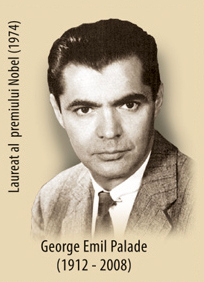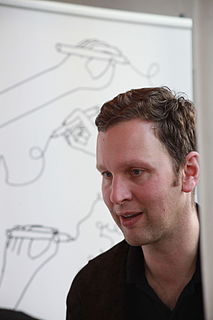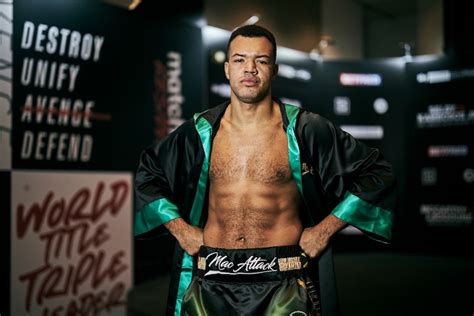A Quote by Jandy Nelson
I have had this longstanding interest in going back to school to get a Ph.D. in art history. I was especially interested in exploring this idea of the ecstatic impulse in an artist.
Related Quotes
When I got out of the military, I finished up my education at the University of North Carolina at Wilmington, and I had some mentors who said, 'You got what it takes. You should consider going to graduate school, getting a Ph.D. in neuroscience.' I didn't think I had what it took until somebody who had a Ph.D. told me I had what it takes.
Slavery is the most insane thing... I don't know that we've ever seen in history, but it's got to be close. The idea of slavery is such a base impulse. It's like, "I'm going to kidnap you and then you're going to do everything I want." Like, what? And then there's the historical aspect. It had a huge effect on human history.
Contemporary art is based on that an artist is supposed to go into art history in the same way as an art historian. When the artist produces something he or she relates to it with the eye of an art historian/critic. I have the feeling that when I am working it is more like working with soap opera or glamour. It is emotional and not art criticism or history of art.
The great thing about doing art shows is you get to meet the people who are interested in your art, and I think that when you're purchasing a piece of art it's a tremendous bonus to get to meet the artist because you get a chance to pick their brain a bit and find out first hand what the piece is about for the artist.
Publishing has gone very middlebrow. It's turned its back on legacy of modernism and gone into a humanist mode. When people go through art school they are exposed to the history of the avant-garde, and there's a general understanding that what you're doing as an artist is to a large extent, not just regurgitating that history, but engaging with it. There's this denial of that in the mainstream publishing world.




































